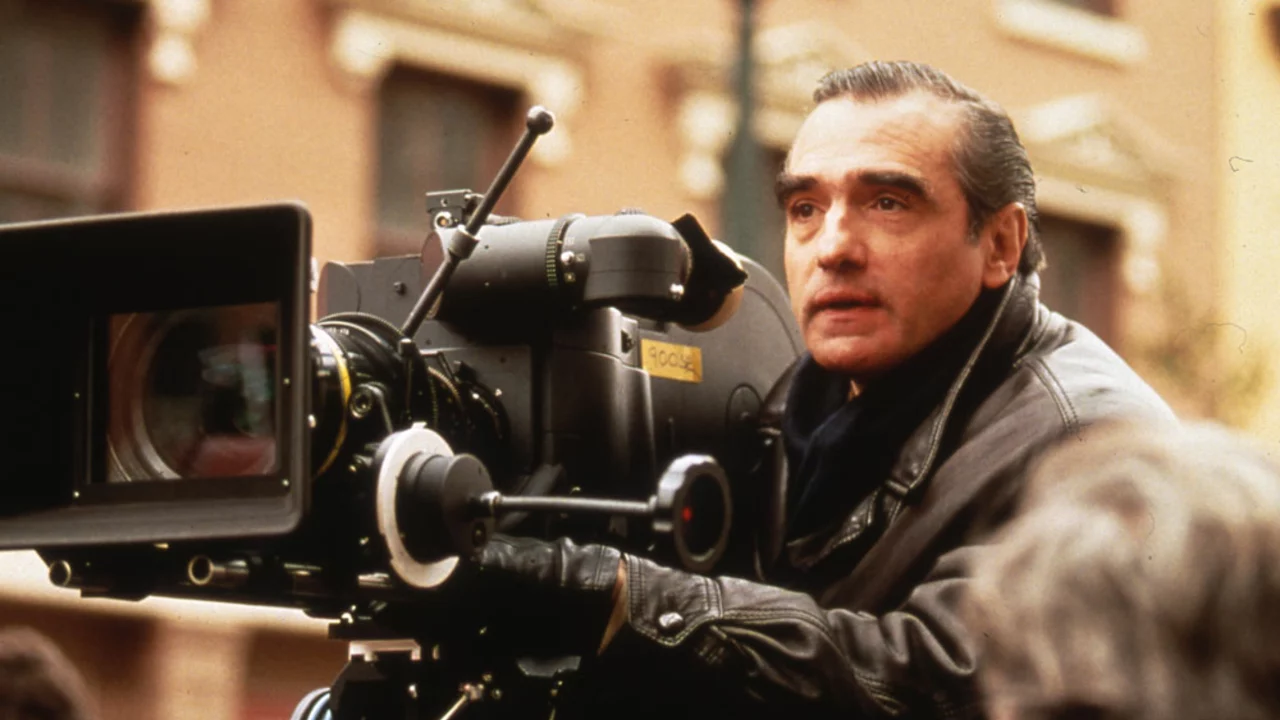Exploring The World-Altering Prowess Of Martin Scorsese's Imagination
Now, I have to admit something before we delve deep into this enticing topic. You see, I'm a film enthusiast, myself. I've always been fascinated by what inspires some of the notable masters of cinema, the people who've shaped our collective cinematic consciousness. And who better to dissect than the living legend himself, Martin Scorsese?
Let me tell you a little story. Once, in a small film appreciation club in Brisbane, we spent an entire evening discussing Scorsese's filmography. You know, the kinds of conversations that make you look at the hands of a clock, with their relentless movement a stark reminder of the passing time. Yet, such is the spell of Scorsese's world that every minute spent discussing his films seemed worth it! But I digress; let's dive into the meat of the article.
Scorsese's Italian Heritage and the Power of Belonging
The power of Martin Scorsese's storytelling prowess can aptly be traced back to the Little Italy of New York, the birthplace of this virtuoso. Scorsese was greatly impressed by the Italian Neorealist cinema movement often reminiscing about the imagery of these films which had left a deep imprint on his being. In particular, the works of directors such as Federico Fellini, Roberto Rossellini, and Vittorio De Sica struck a chord with Scorsese, inspiring him to recreate onscreen the complexity and grit that was an innate part of his childhood experience.
Finding Solace in the House of God
As someone who considered priesthood before venturing into filmmaking, Scorsese's Catholic upbringing plays a significant role in his cinematic narratives. Channeling the moral complexities born of a fervent religious experience, he has explored the themes of guilt, redemption, and faith in films like "Mean Streets," "The Last Temptation of Christ," and "Silence."
Marlon Brando and the Echoes of Method Acting
As a young cinema enthusiast, Martin Scorsese was deeply influenced by the likes of Marlon Brando and James Dean. Their method acting style, so raw and real, fired his imagination and shaped his directorial approach. The resulting depth and weight his characters embody is a direct homage to this influence.
Understanding the Language of Cinema Through Influence
The commitment Martin Scorsese shows to the craft of filmmaking is nothing short of inspirational. Throughout his career, he has cited wonderfully disparate filmmakers as influences. From the romance of Michael Powell and Emeric Pressburger to the gritty realism of Akira Kurosawa, from the raw humanism of Robert Rossellini to the experimental genius of Stanley Kubrick. These influences are like unique threads woven into the rich tapestry that is Scorsese's cinematic language.
The Rolling Stones and the Beat of Scorsese's Cinematic Rhythm
If you've watched a Scorsese film, you'd know the precision with which he marries music and picture. Whether it's "Jumpin' Jack Flash" in "Mean Streets" or "Gimme Shelter" in "Goodfellas," Scorsese's visual symphony owes its rhythm to the sound of the Rolling Stones. An admirer of how their music resonates with youthful exuberance and urgency, Scorsese has often cited the band as a significant influence on his work.
Film Noir—the Underlining Notes of Scorsese's Cinematic Tone
The influence of film noir is palpable in many of Scorsese's films. The protagonists in his cinematic universe are often conflicted, flawed individuals fighting against a corrupt system or their own demons, reminiscent of the towering figures of black-and-white crime dramas of the 40s and 50s. The iconic director's films are replete with the atmospheric lighting, striking shadows, and deep contrast typical of this genre—hints, perhaps, at the deep-seated influence of noir on his visual storytelling style.
A Marvel of Cinema—Martin Scorsese's Varied Inspirations
From French New Wave to New Hollywood, Scorsese's filmmaking has been marked by his appreciation and study of the greats. It's impossible to capture the entirety of his inspiration in words, but one thing is for sure—the rich tapestry of Martin Scorsese's cinematic world owes its existence to these influences. Furthermore, Scorsese embodies the true spirit of an artist, crafting stirring narratives from raw, gritty, existential experiences, forever etching his mark on the canvas of world cinema.
